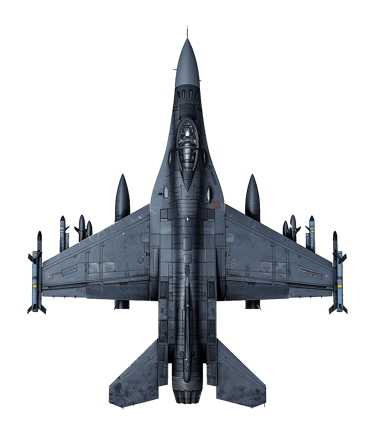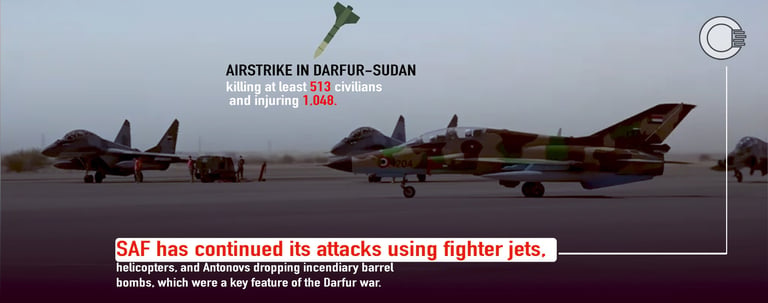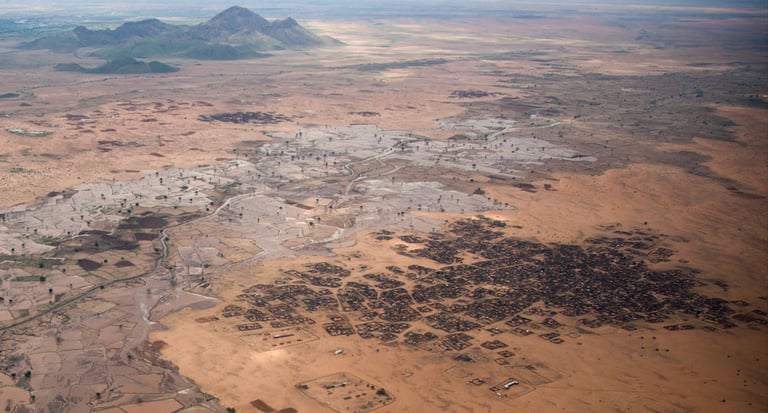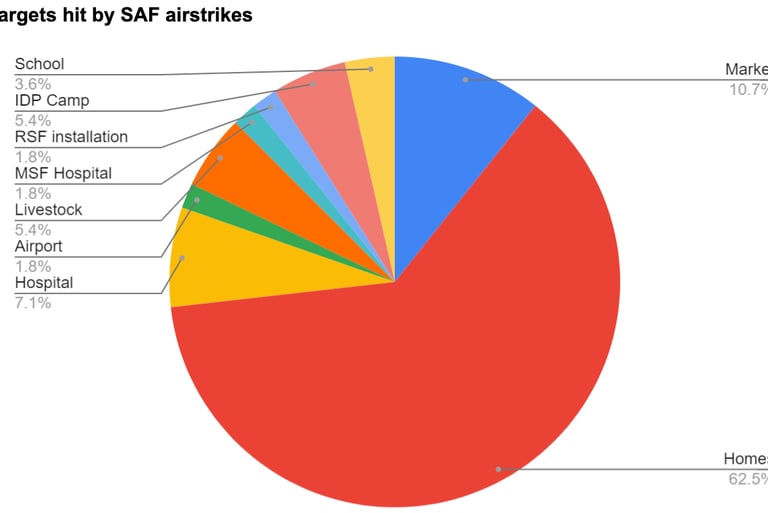WAR MONITOR - SUDAN DARFUR.
More stories and Data.


The crisis in Sudan has devastated millions of lives, with an estimated 18,800 civilians killed and 33,000 injured. The conflict between the Sudanese Armed Forces (SAF) and the Rapid Support Forces (RSF) has been characterised by indiscriminate aerial bombardment, airstrikes, and ground attacks on civilians across the country, and particularly in Darfur. Serious human rights violations, some amounting to mass atrocity crimes, have been committed by both warring parties, including mass displacement, conflict-related sexual violence, killings, and arbitrary arrest and detention. More than half the population is facing emergency levels of hunger, and the country is experiencing famine conditions. For months the humanitarian corridor of Adré, a border town in Chad, was blocked by the SAF. Though the crossing is now open and the UN has reported that 200 trucks have been allowed to pass, there have been reports of the RSF forcing truck drivers to pay “taxes” or goods being confiscated. The aid that has reached communities in Darfur is insufficient to meet humanitarian needs due to the scale of displacement, and Sudanese analysts have expressed doubt that 200 trucks have managed to cross. In October, Sudanese Finance Minister Gibril Ibrahim called for the immediate closure of the Adré border crossing on allegations that the border crossing was being used to transfer arms from the United Arab Emirates to the RSF.
Methodology
In response to the use of airstrikes, Artrika has compiled a database through on the ground research and communication with victims. In total, 131 airstrikes have been documented from September 2023 to October 2024 in Darfur, killing at least 513 people and injuring at least 1,048. Artrika believes the real number of airstrikes to be much higher given telecommunications updates and lack of access in some areas.


At the time of writing, 11.3 million have been displaced, including pre-existent displacement, particularly in Darfur, with the vast majority displaced within Sudan and at risk of further violence. Over 70% of hospitals are non-functioning, and other critical civilian infrastructure has been destroyed. Both of the belligerents have relied on regular armed and paramilitary forces, allied militias, and the General Intelligence Service (formerly known as the National Intelligence and Security Services (NISS)). Throughout the conflict, the SAF has relied heavily on its Air Force, in part due to their superiority over the RSF, which has no Air Force, but controls several airports. The SAF has also constructed new airports during the war, particularly in Darfur. The capital of north Darfur, El Fasher, was recently described as “hell on earth” and has been under siege in recent months as one of the only areas in Darfur not to have fallen to the RSF. El Fasher was already hosting 700,000 internally displaced persons (IDPs) in the city and neighbouring areas. The conflict in Darfur has been particularly devastating, with the UN Special Advisor on the Prevention of Genocide, Alice Nderitu, noting in May 2024 that “the situation today bears all the marks of risk of genocide, with strong allegations that the crime has already been committed”.
Despite the gravity of the situation, the Secretary General of the UN, Antonio Guterres, did not recommend a protection of civilians peacekeeping mission to Sudan in an October 2024 report and remarks to the UN Security Council (UNSC), noting that “conditions do not exist for their successful deployment,” but reiterated the UN Secretariat’s willingness to engage with the UNSC on a range of operational measures. The decision to not recommend deployment of a peacekeeping mission was widely condemned by civil society, who had issued multiple calls for a protection of civilians mission.
Airstrikes have been a key feature of the conflict: the outbreak of the conflict on 15 April 2023 was marked by airstrikes and aerial bombardment and has been described as “blind attacks causing a large number of deaths and wounding amongst civilians and the destruction of private and public property”. Both sides have also utilised drones obtained from regional allies to drop hand grenades or mortar shells, and in the summer of 2024, the RSF expanded their drone capabilities and reached into SAF-controlled areas far from the frontlines. The UN Fact Finding Mission on Sudan found that both SAF and RSF failed to

take measures to minimise the impact of airstrikes and artillery shelling on civilians, and there have been numerous accounts of civilians, including children, killed in airstrikes that hit markets and schools and densely populated areas. There is a long history of aerial attacks in Darfur since the outbreak of conflict there in 2003. SAF has continued its attacks using fighter jets, helicopters, and Antonovs dropping incendiary barrel bombs, which were a key feature of the Darfur war. Importantly, the SAF possesses MIG11-29SES, Sukhoi-SU30MK, and SU27s, advanced fighter jets with the capacity to launch larger targeted attacks.
There have also been allegations of foreign involvement in airstrikes, with the leader of the RSF, Mohamed Hamdan Dagalo (“Hemedti”), alleging that Egypt had been involved in airstrikes by the SAF, in a claim that Egypt rebuked. On 22 October, the RSF shot down a Russian cargo plane with a Russian crew and three SAF members near El Fasher. A Reuters analysis of documents, footage, and social media indicate that at least one member of the Russian crew, Victor Granov, had been implicated in past arms trafficking in the eastern Democratic Republic of the Congo.
A video summarising the main findings of this reporting period
Introduction


The spike in attacks from June 2024 represents the escalation in El Fasher and throughout North Darfur, with the decline in attacks caused by an increased focus of airstrikes in North Darfur and a cessation throughout the broader Darfur region. The low number of attacks in October 2024 is a result of ongoing documentation by Artrika throughout October, and does not yet represent the full scope of airstrikes. The majority of attacks took place in capital cities, with high spikes in cases reported in El Fasher and Nyala, South Darfur.


Recommendations
To the warring parties
The SAF should refrain from the use of airstrikes and drone attacks thatwhich fail or lack precision to differentiate between legitimate military targets and civilian areas. Attacks should not be taken out in areas with a civilian population.
The SAF should halt the use of weaponry thatwhich cannot be used with precision, such as incendiary devices and barrel bombs.
The SAF should allow greater humanitarian access to displaced populations, particularly through the Adré humanitarian corridor. The RSF should allow for the safe delivery of humanitarian aid to civilians through humanitarian corridors. All efforts should be undertaken to secure the safety of medical workers and independence of medical facilities.
Provide justice and accountability measures to victims and survivors of airstrikes throughout the country.
Both parties must refrain from drone attacks and ground attacks on civilians.
To the international community
Ensure adequate implementation ofon the UN Arms Embargo in Darfur, which initially entered into force in 2005.
Refrain from arming both belligerents through supply routes in other areas of the country.
Express support for implementation of international protection of civilian mechanisms, and particularly the creation of a UN peacekeeping force building off of the gains of the previous UN-AU mission in Darfur, UNAMID.
